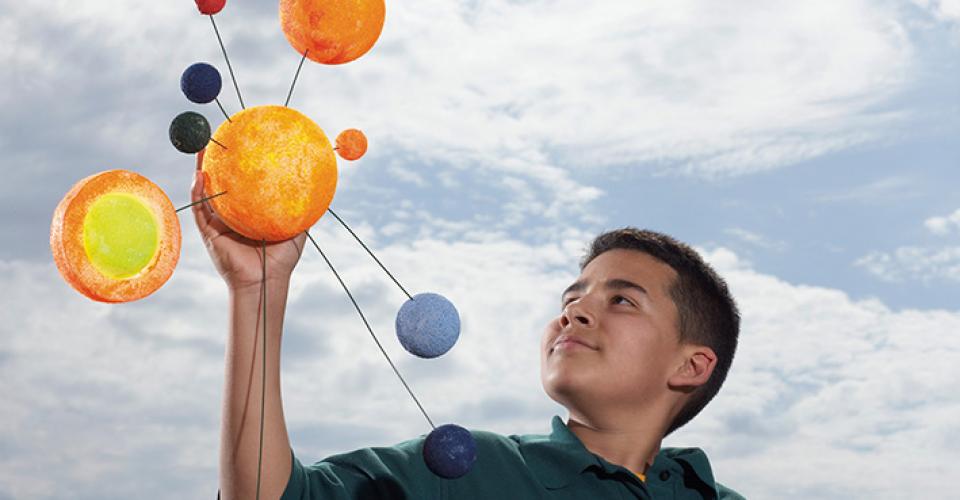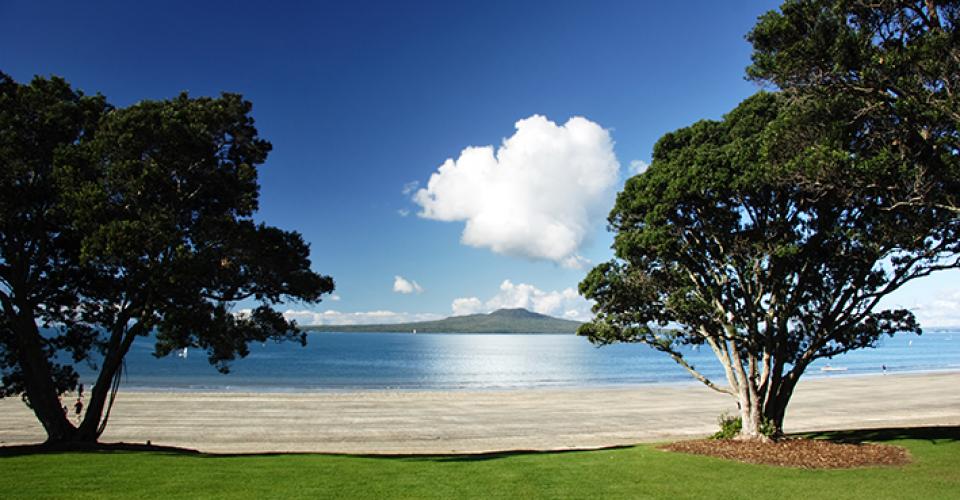Dive into Seaweek with your classroom
15/02/2016Seaweek 2016 is offering three competitions to inspire students to get involved.

‘Toiora te Moana, Toiora te Tangata – Healthy Seas, Healthy People’ is the theme for this year’s Seaweek – a celebration of all things marine science.
Hosted by the New Zealand Association of Environmental Education, Seaweek runs from Saturday 27 February to Sunday 6 March and has now grown to encompass around 150 events around New Zealand.
Along with many special events to mark the week, NZAEE has established three competitions, and students from anywhere in New Zealand are encouraged to participate.
The first competition is a national children’s poetry event where entrants are asked to send in an original haiku (three-line poem) inspired by the Seaweek 2016 theme, along with a photograph.
The second is an Instagram photographic competition called ‘Sea Me: How Seaweek Inspires Me’, and is open to all ages. More information can be found here.
Seaweek’s third competition is Design a Doodle4Seaweek, based on the official logo and the week’s theme. Entrants are encouraged to get inspiration from the doodle4google competition, the winners of which can be viewed here.
In addition to the national competitions, there are also a number of regional Seaweek competitions.
All of the competitions offer great marine-themed prizes, including a subscription to New Zealand Geographic magazine, and sea cruise tickets.
Learn more about Seaweek, and find educational resources to use with your students here.
About haiku poetry
Haiku (俳句 high-koo) are short poems (three lines long) that use sensory language to capture a feeling or image. They are often inspired by an element of nature, a moment of beauty or a poignant experience. Haiku poetry was originally developed by Japanese poets, and the form was adapted to English and other languages by poets in other countries.

























Post your comment
Comments
No one has commented on this page yet.
RSS feed for comments on this page | RSS feed for all comments